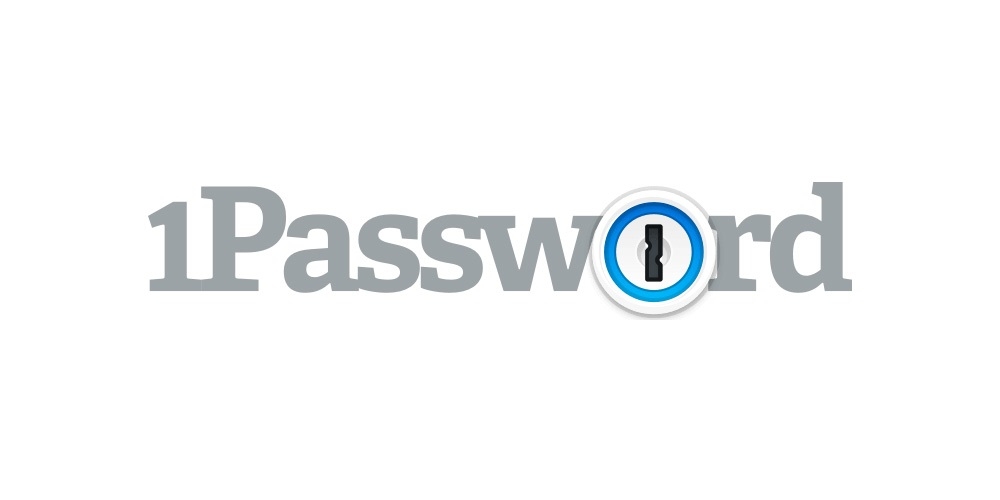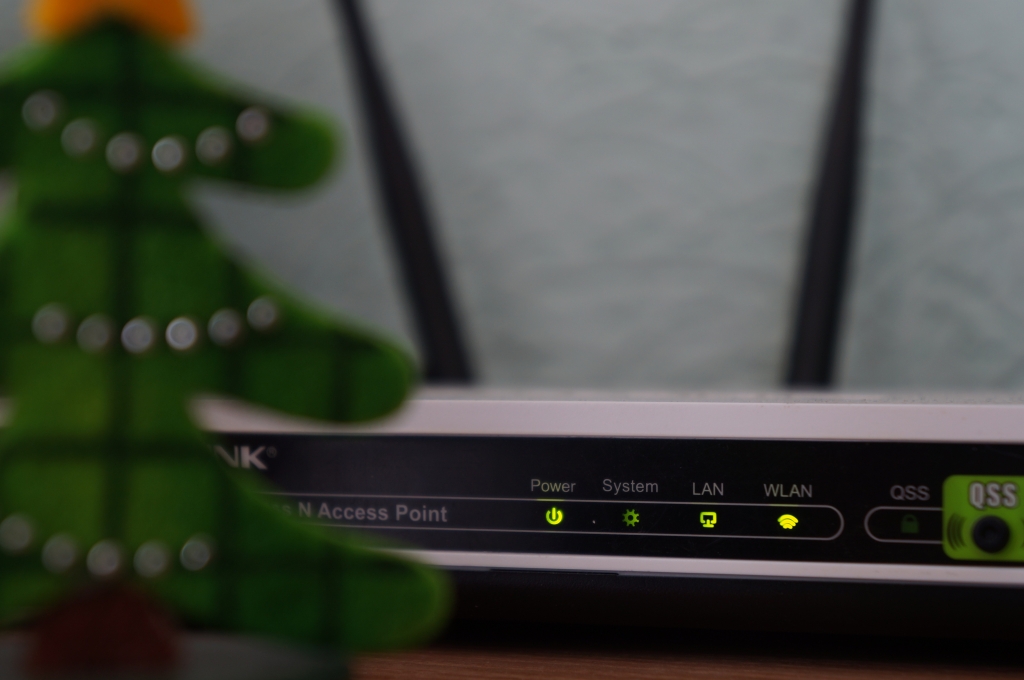Emails promising you all manner of riches in exchange for your bank details are the bane of every internet user's existence. But there are ways you can protect yourself from scam emails and avoid having to worry about con-artists emptying your bank account. 1) Don't be so quick to follow email links Many of these scammers try and entrap you by sending a link to your email which, if you click on it, could end up allowing the scammer to access your computer, locking it and preventing you from using it. 2) Look at the language used...

Grabify IP Logger & Url Shortener
The internet is not only the primary means of communication today; it also underpins many of the transactions and social exchanges we make. Everything takes place online, so having a means of tracking your engagement is crucial. Grabify is one of the most useful online tools to give you some insight into, and control over, the reach of your online presence. Read on to find out how. Introducing Grabify Grabify is an advanced and robust IP logger as well as a URL shortener. It divulges metadata and detailed statistical data about the links you provide...

Do you use public/shared phone chargers? You shouldn't, here's why
Many people quickly plug their USB cables in public charging ports to charge their phones when they run out of power while travelling or at work. They fail to consider the data privacy risks involved. Hackers can install technology, chips, and software that they use to infringe a person’s privacy. They can install malware that copies your data to their devices and sites. Charging ports are common in train stations, airports, bus stations, and schools, they help people to power their phones for continuous communication and access to the Internet. You need to take measures to prevent hackers from accessing...

Adult Website Email Scam: Don’t Give Bitcoin to Fraudsters
As we come to rely on technology more and more for our communication, it's natural that fraudsters, thieves, and swindlers are going to turn to those channels to ply their grim trade. Email, despite being old technology, is still one of the backbones of how we communicate digitally - and it's prime ground for scammers who will attempt to steal your identity, your money, and your confidential information. One, of many, types of scam emails allude to the use of adult sites. What do you need to know? What do the emails look like? Scam emails often...

Why 1Password is a great choice as a Password Manager
Cybercrime is on the rise and one of the main reasons for this is that users are not thinking about security enough. Usernames are fairly easy to discover, with most being related to names/email addresses which can be found with just a simple Google search. So, when combined with a commonly used password, hackers will gain access to private, ‘secure’, files easily. In 2019, the most commonly used password was 123456. This was used by 23.2 million people who had their accounts hacked. The next most popular password was 123456789, which was used by more than 7.7 million hacked...
How much does bloatware slow a laptop down, really?
You wouldn’t buy a new car that needed a few turns of the engine to get going, would you? But that’s exactly what a lot of us do when we buy a new laptop. Nearly all of us have experienced the sensation of starting up a new laptop for the first time, expecting to watch it zoom through any task you can throw at it and then feeling frustrated when it takes ages to get going. This is often the result of the pre-installed software that manufacturers throw onto a new piece of hardware. This software, often included entirely unbeknownst...
The pros and cons of the Internet of Things
The exact definition of the Internet of Things has consistently been evolving and up for debate. However, broadly speaking, it refers to the way a number of normal everyday devices are able to connect to one another as a part of a network and transmit data via the internet. What are the pros and cons of this increased level of connectivity? Pros First, let's discuss some of the most common benefits of the Internet of Things. Convenience - The Internet of things has made the transmission of data instantaneous and efficient, across domestic and commercial applications. This applies to...

Using your neighbours Wifi: is it a good idea?
It might sound self-explanatory, but many people often forget that wifi is wireless. This means the signal from your router isn’t necessarily confined to the four walls of your house, apartment or business premises. You might never have given it a second thought, but it’s actually quite easy for neighbours to share a wifi connection – particularly if there is no password in place. This in itself isn’t just a bad thing on paper: if you get on with a neighbour, it might even seem beneficial to share a connection to save money – but what are the drawbacks?...
Temporary file sharing: a business quandary
Online storage today is cheaper and easier than ever before – but temporary file sharing remains something of a technological headache. Many of the services we use and take for granted include a certain amount of free storage, and some will even include a sharing option. However, it’s very common to feel a pang of unease about how long this link will last for, whether the link will be shared beyond the intended recipient, or how secure the content is. Furthermore, even offline file sharing – passing a USB to a colleague for example - is not without its...
A simple 4 step guide to teen safety on social media
Nowadays, social media accounts are the norm for people of all ages, especially among teens where almost everyone seems to have multiple accounts, just like their friends. And though social media offers plenty of benefits, it does have some safety risks. So, whether you're a concerned parent or a responsible teen yourself, here are four steps that can be taken to improve teen safety on social media. 1. Review content before posting Before posting anything on social media, think carefully about whether or not it reveals too much private information about yourself. Posting things like personal contact information or...